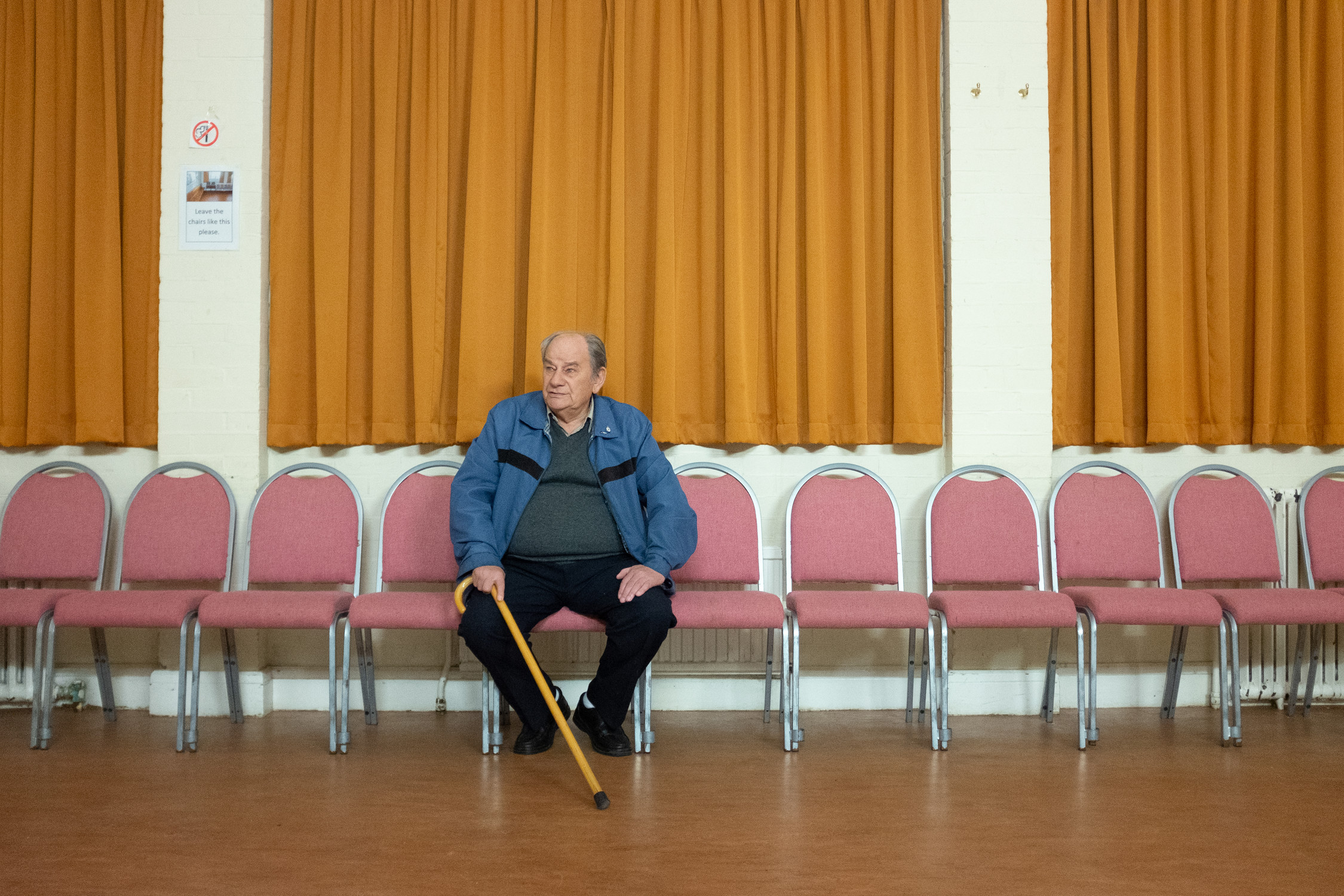Why are there more residents with dementia in care homes and how does that impact on the care homes themselves? By Professor June Andrews.
Recently a journalist asked me about this. It was such a good question and I’m sharing the answer with you.
The short answer is: it’s not clear cut. You have to ask why the numbers look higher in any specific geographical area. Is there, maybe, a specialist regional care home for difficult cases? Is there a local mental health of old age team that are really conscientious about making formal diagnosis so a higher percentage of their local residents have a diagnosis but they only have the same number of the population with the condition as other areas? Is the population there older than the other places? Does that town not have very good home care services so people are more likely to go to a care home than stay at home while they are at an earlier stage?
The answer to all these questions might give you a clue as to how dependent the people with dementia are in the homes in a particular local authority area. Not every resident has the same level of dependency, even if they all have dementia. So the people with dementia in those homes might be low dependency or high dependency.
Dependency levels would have a more significant influence on care provision and number of care workers needed than a simple measure of the number of people with a diagnosis.
“Would you expect the expenditure to rise in order to provide more care for the increased number of people with dementia?”
I’ve always believed that providing dementia care well costs less than providing it badly. Well trained staff in well-designed buildings have fewer adverse incidents that cost time and money, fewer complaints that cost staff time and energy, and lower staff turnover that costs a fortune because staff are happy and are able to do a good job. So, yes, and no!
Is more investment needed?
Well again it depends. Not simple I’m sorry.
When councils do it themselves it costs more than commercial organisations because of the way councils are run. They farm it out to private organisations who do it for less money than the council would do it. And, generally, they pay the private organisation less than it costs to do it, but the private organisation makes that up with income from private clients.
Most of the private clients who can afford to pay do so with the value of their house. People of my age have benefited from a massive increase in the value of our houses which were so cheap that we could afford to buy them when we were young, unlike young people these days. So all that accrued wealth will go into our care, but I don’t know how today’s young people will pay for it when they get old, because they seem not to be accruing wealth the way we did, especially the 2.5million people who bought their council houses in the 1980s and made a killing on the sale of them.
So there is a black hole coming along that will have to be filled with higher taxes or people looking after themselves in future. If you are young, prepare for this. Simple answer to the last one. The country is NOT prepared. Everyone needs to prepare for themselves.
This article originally appeared on June’s website: https://juneandrews.net/blog/13/10/2023/why-are-residents-with-dementia-in-care-homes-increasing
You can read more of her insightful blogs here: https://juneandrews.net/blog
And follow her on Twitter @profjuneandrews
